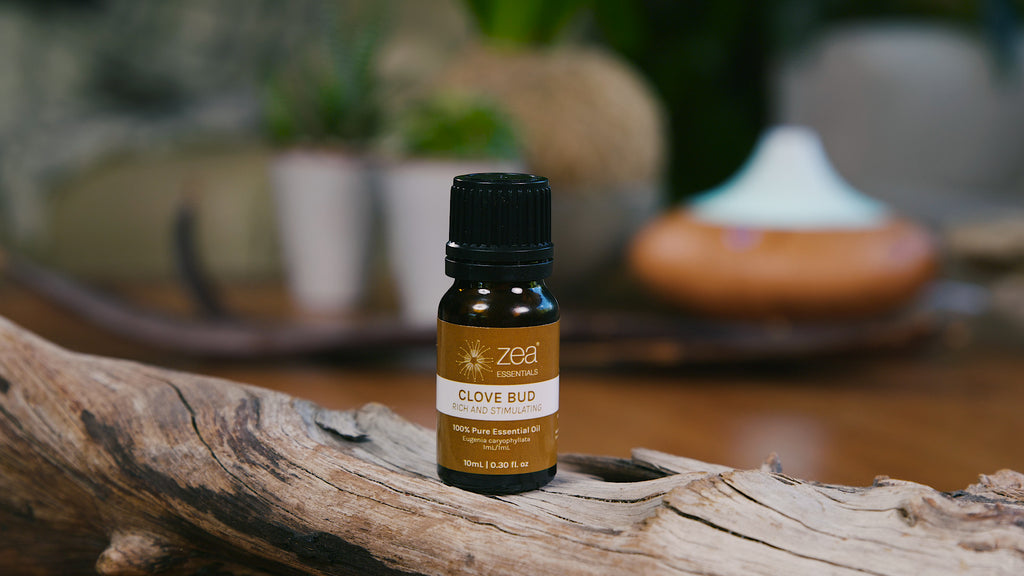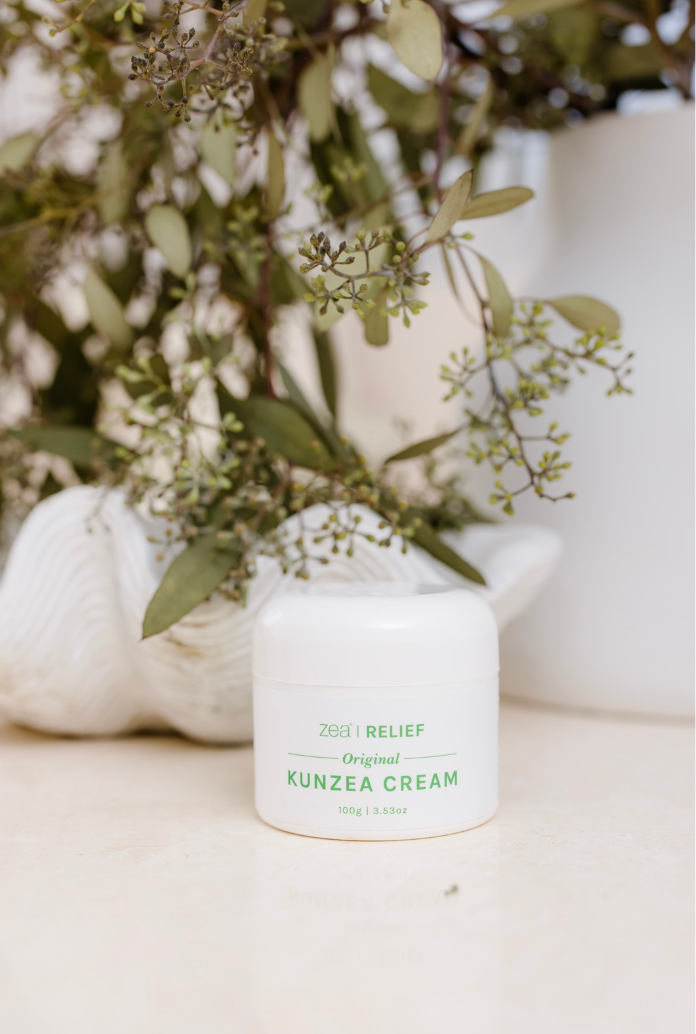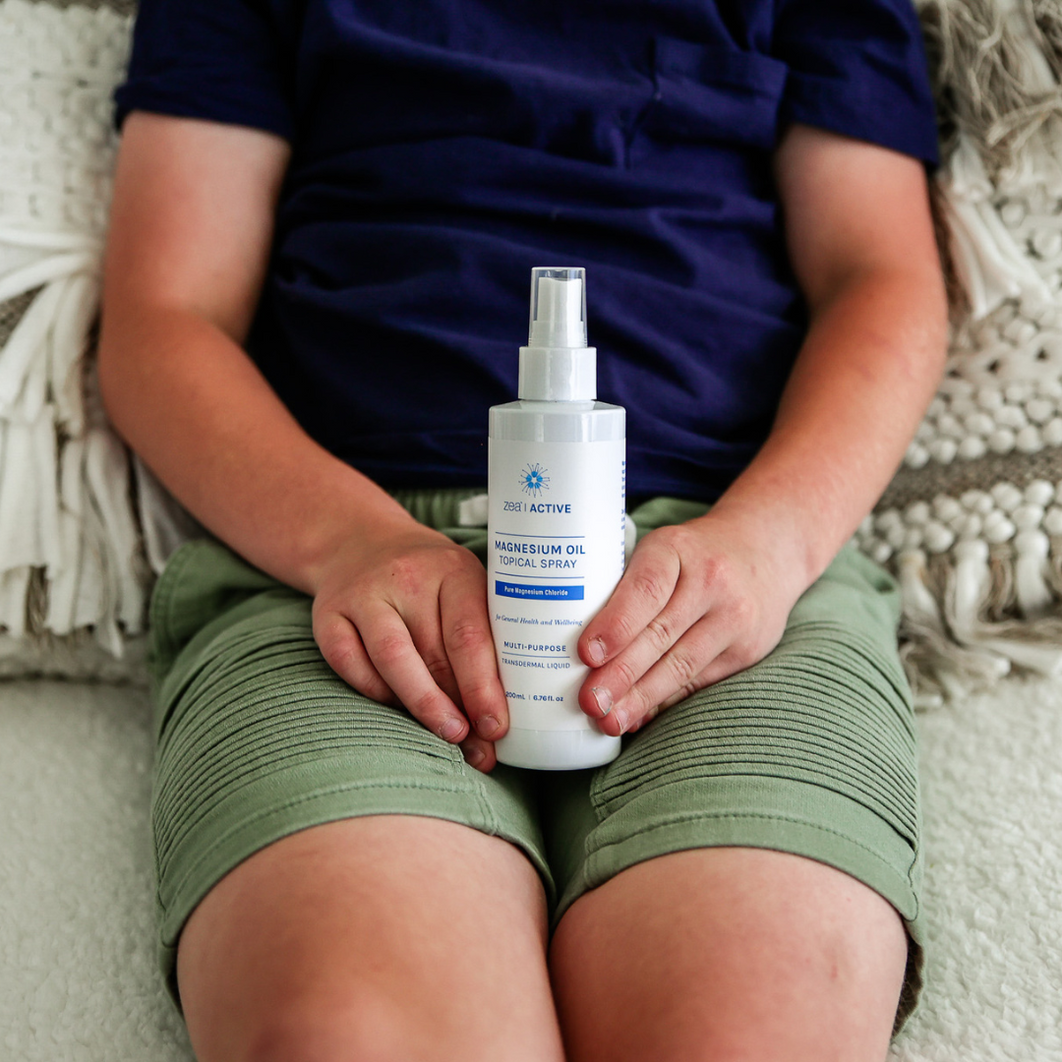Clove Bud Essential Oil is water-distilled from the Clove tree, Syzygium aromaticum, and has a strong aroma that blends well with other warming essential oils.
This spicy essential oil is commonly used to help with endurance and to gain strength when determination and assertiveness are needed. It also aids in improving concentration and stimulating circulation and blood flow, making Clove a great oil to help get the mind and body moving.
Clove is often used as a cleaning agent to help kill the spores of mould - so great to use in a shower recess or kitchen as a natural cleaning alternative.
About Clove Oil
Clove buds are the aromatic flower of the Clove tree, native to the Maluku Islands in Indonesia and commonly used as a spice1.
Clove Bud Essential Oil is distilled from the dried flower buds and is clear to yellow in colour, turning brownish. Oil can also be extracted from the leaves and the stalks also, although the oil from the buds is the only oil that we recommend as part of aromatherapy as the others are strong skin irritants2. This is due to the high amount of eugenol, which is high in the stems (87-92%) and leaves (85-90%).
Clove Bud oil also contains eugenol (60-85%), but it is to some extent buffered by the presence of eugenol acetate (an ester), and beta caryophyllene (a sesquiterpene) which are calming and soothing in action2. As with all essential oils, clove oil should be used with caution. While safe for most, allergic reactions are possible which can range from mild to severe.
Cloves became known in Europe, dating back to a publication by Marco Polo (AD 1928) and then during the renaissance where cloves were used to keep epidemics and the plague under control3.
In fact, Clove Oil is one of the key ingredients in the infamous Four Thieves Oil Blend, that comes from a long-told historic tale of four thieves during the 15th-Century plague who used Clove, Lemon, Cinnamon and other botanicals to protect themselves from the terrible diseases.
Clove is also listed in Potter’s New Cyclopaedia of Botanical Drugs And Preparations as a carminative, thought to make an anti-nausea blend more robust4.
Essential Oil Facts
Botanical name: Syzygium aromaticum
Synonyms: Eugenia aromatica, Eugenia caryoplyllata, Eugenia carophyllus
Common names: Clove, Clove Bud, Oil of Clove
Family: Myrtaceae
Extraction method: Water distilled from dried buds
Note: Middle - Base
Strength of aroma: Strong
Aromatic scent: Pungent and spicy
Typical chemical composition range: Eugenol 80-85%, eugenyl acetate 8-12% and sesquiterpene hydrocarbons 6-12%
Safety information: Clove oil is a potential irritant and so should be used sparingly in aromatherapy. It can be very irritating to the skin. Tisserand and Young recommend a dermal maximum of just 0.5%5.
7 Uses of Clove Oil
Clove Oil has antiviral and antifungal properties and has a large range of actions against illnesses as well as having antiparasitic uses and analgesic properties for toothaches.
Here are some ways you can utilise this well known essential oil at home:
1) Pain Management
Clove Essential Oil is very well-known for use in blends intended to help relieve musculoskeletal system pain. For the muscles, joints and bony structure, Clove Bud Oil can be used in a massage oil blend or balm to help relieve symptoms of arthritis, sprains, strains and muscle pain as well as rheumatism3.
As Clove oil is very strong, always dilute down into a massage base before applying to the skin. Not recommended for topical application during pregnancy or on infants.
Pain Blend: Mix 1 drop x Clove Bud, 1 drop x Peppermint, 4 drops x Kunzea and 20ml x base carrier oil of choice.
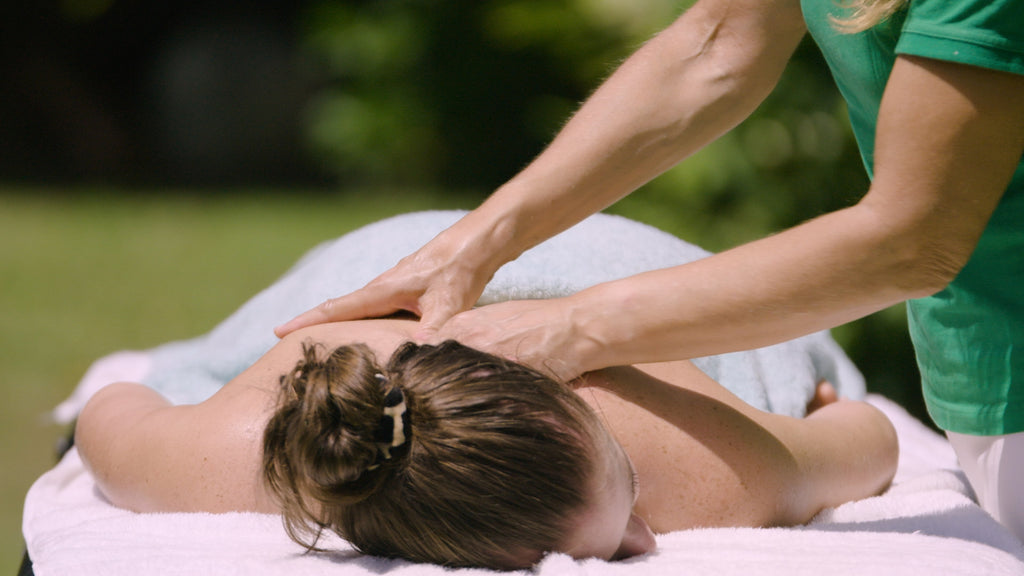
2) Toothaches
Cloves have been used throughout history as a for dental health and hygiene, as far back as the Third Century when Chinese emperors would chew cloves to freshen their breath. Whilst Clove Oil must never replace a dental check up, it can be used to provide some temporary relief of toothache.
Add 1 drop of clove bud oil to a cotton tip and apply directly to the affected area for toothache. Rinse out your mouth with warm water and do not swallow6. On application, the cotton bud should be accurately directed to the decayed part of the tooth, avoiding contact with the gums3. Not to be used with children. If symptoms persist, consult your healthcare professional.
Due to its effectiveness as a painkiller, Clove Oil is still often used as an antiseptic in modern dentistry as well as in many commercial mouthwash formulations and toothpastes2.
3) Antibacterial Properties
Clove Bud Oil is an excellent antiseptic because of the high levels of eugenol so great to help with coughs and colds3. For this reason, we include Clove Bud in our Nirvana Lifestyle Blend which is very popular to diffuse through the winter months to combat those seasonal sniffles.
DIY Four Thieves Diffuser Blend: 40 drops x Clove Bud, 35 drops x Lemon, 20 drops x Cinnamon Bark, 15 drops x Eucalyptus, 10 drops x Rosemary (or Kunzea). Blend all the essential oils in a dark glass bottle. For diffusing, add 2-3 drops to an aroma diffuser for additional immune system support. For DIY cleaning products and topical application, dilute at a ratio of 1-2%.

4) Aid Digestion
It has been suggested that Clove Bud Oil can help reduce spasms and pain so the application of a compress to the abdomen may help digestive disturbance6.
As a carminative and antispasmodic it may also help with restoring appetite, stimulating digestion, and help to relieve flatulence3.
Add 2 drops of clove oil to warm water and soak a face washer, then apply to the abdomen.
5) Removing Mould
Clove Oil has a great reputation for removing mould and helping to kill the spores in areas that are prone to mould. This makes Clove Oil a great cleaning agent, particularly in showers and toilets where mould becomes a problem.
To try your own natural mould remover add 2 drops each of Clove, Sweet Orange, Eucalyptus, and Kunzea to 1 tablespoon of white vinegar.
Add to a 125ml spray bottle with filtered water and mix well.
This is a great spray to use on tiles to inhibit mould, clean, and neutralise odours6.
6) For Mood Support
Clove Oil contains major compounds such as eugenol, beta-caryophyllene, and eugenyl acetate, which have been shown to have antidepressant-like actions8. If you are experiencing depression-like symptoms, please always seek the advice of your mental health professional or other qualified health provider with any questions you may have regarding your condition.
Whilst there isn’t clear evidence that Clove can act as an antidepressant, the warming aroma can feel supportive and energising during times of stress.
7) Bring Warmth And Energy
TCM (Traditional Chinese Medicine) looks at foods and oils and other components of life as being either warming or cooling. Clove Bud Oil is seen to be warming and helps to tonify the Qi (energy force in the body).
This makes Clove a wonderful oil to generate warmth3. Many people find that their joints ache in the cooler weather so a drop of clove oil added to the massage formulation may help to bring the body back to equilibrium with warmth and energy.
Blending with Clove
Clove Bud Oil blends so beautifully with other oils, such as Cinnamon Bark and Sweet Orange for a warm, “home baked apple pie” aroma. We love it so much it’s in our Nirvana Lifestyle Blend, the perfect spicy aroma to warm the winter nights, help clear congestion, and provide the typical Christmas scent of pudding and mulled wine for the festive season.
Some of our favourite oils to blend Clove Oil with include: Sweet Orange, Cinnamon Bark, Frankincense, Kunzea, Sandalwood & Fennel.
Here are some DIY blends you may like to try at home:
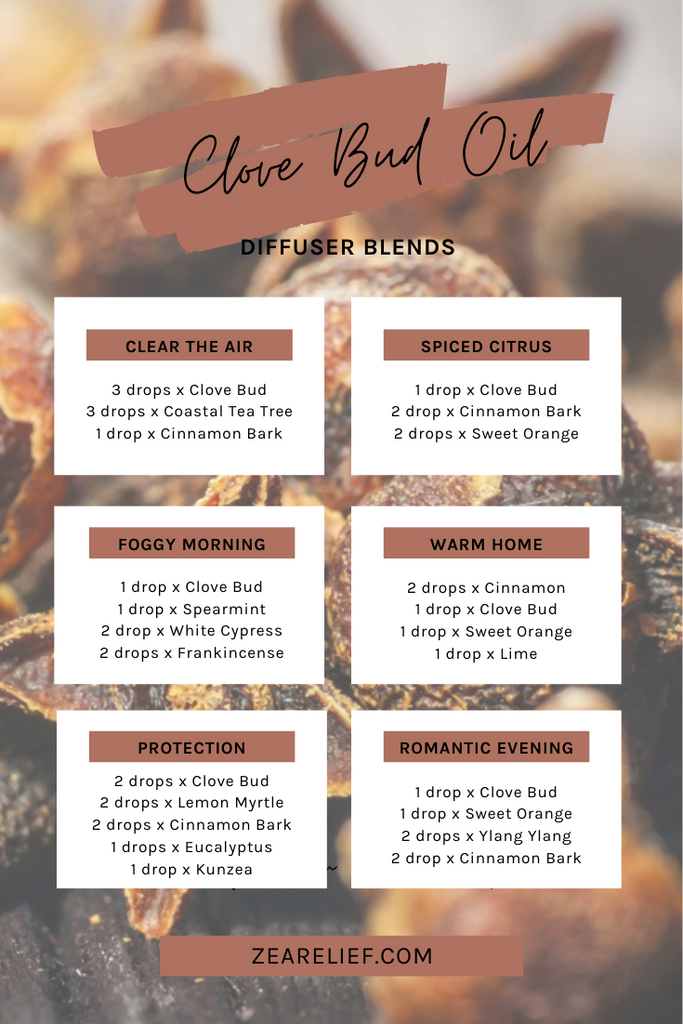
Michelle’s Special Suggestion
When I think of Clove Oil I think of strength, perseverance and cleanliness. I absolutely love to wear Clove Oil to empower and strengthen the mind blended with Ylang Ylang to calm and reduce anxiety as a spicy sweet perfume. Together they are divine.
Remember when applying to skin always dilute down so in a 10 ml roll you will only add 1-2 drops of clove and 2-4 drops of ylang ylang with a carrier oil.
The Essence of Clove
This is the oil to use when you feel congested either physically or emotionally. I find it so beneficial for upper respiratory congestion and to help remove unwanted odours and energies in the home.
About the Author - Michelle Brass ND
With over 25 years of experience in the natural health industry, Michelle has dedicated her life to helping others embrace the therapeutic benefits of nature. Throughout her time as a health practitioner, she has used and recommended countless traditional and conventional treatments to her clients - as she believes an integrative approach to health and wellness is very important. Michelle is passionate about using and promoting essential oils and, in particular, Kunzea Oil, as she has seen them help thousands of people over the years. She knows that using essential oils in your daily life can help bring balance to the mind, body and soul. She is constantly trialling and testing new products with her loyal clients.
To learn more about Michelle, go to her full bio page.
Medical Disclaimer
All content by Australian Kunzea Pty Ltd, including, text, images, audio, or other formats, were created for informational purposes only. The content is not intended to be a substitute for professional medical advice, diagnosis, or treatment. To read our full medical disclaimer, click here.
References
- Andaya, Leonard Y. (1993). “Cultural State Formation in Eastern Indonesia". In Reid, Anthony (ed.). Southeast Asia in the early modern era: trade, power, and belief. Cornell University Press. 1993.
- Davis P. Aromatherapy An A-Z: The most comprehensive guide to aromatherapy ever published. Vermilion - Mass Market; 2005.
- Battaglia S. Aromatree: A Holistic Guide to Understanding and Using Aromatherapy. Black Pepper Creative Pty Ltd; 2019.
- Buckle J. Clinical Aromatherapy: Essential Oils in Healthcare. 3rd ed. Churchill Livingstone; 2015.
- Tisserand, R. and Young, R. Essential Oil Safety, 2nd Edition. 2013
- Princi-Jones P. A Scented Life: Aromatherapy reimagined. Hardie Grant Books; 2020.
- Liu, B.B. et al. Essential Oil of Syzygium Aromatic Reverses The Deficits of Stress Induced Behaviors and Hippocampal p-ERK/p-CREB/brain derived neurotrophic factor expression. https://pubmed.ncbi.nlm.nih.gov/25590367/ Accessed 7 September 2020.
- Waters RP, Rivalan M, Bangasser DA, et al. Evidence for the role of corticotropin-releasing factor in major depressive disorder. 2015.
- Purchon N, Contele L. Complete Aromatherapy and Essential Oils Handbook. Robert Rose Publishers; 2014.

